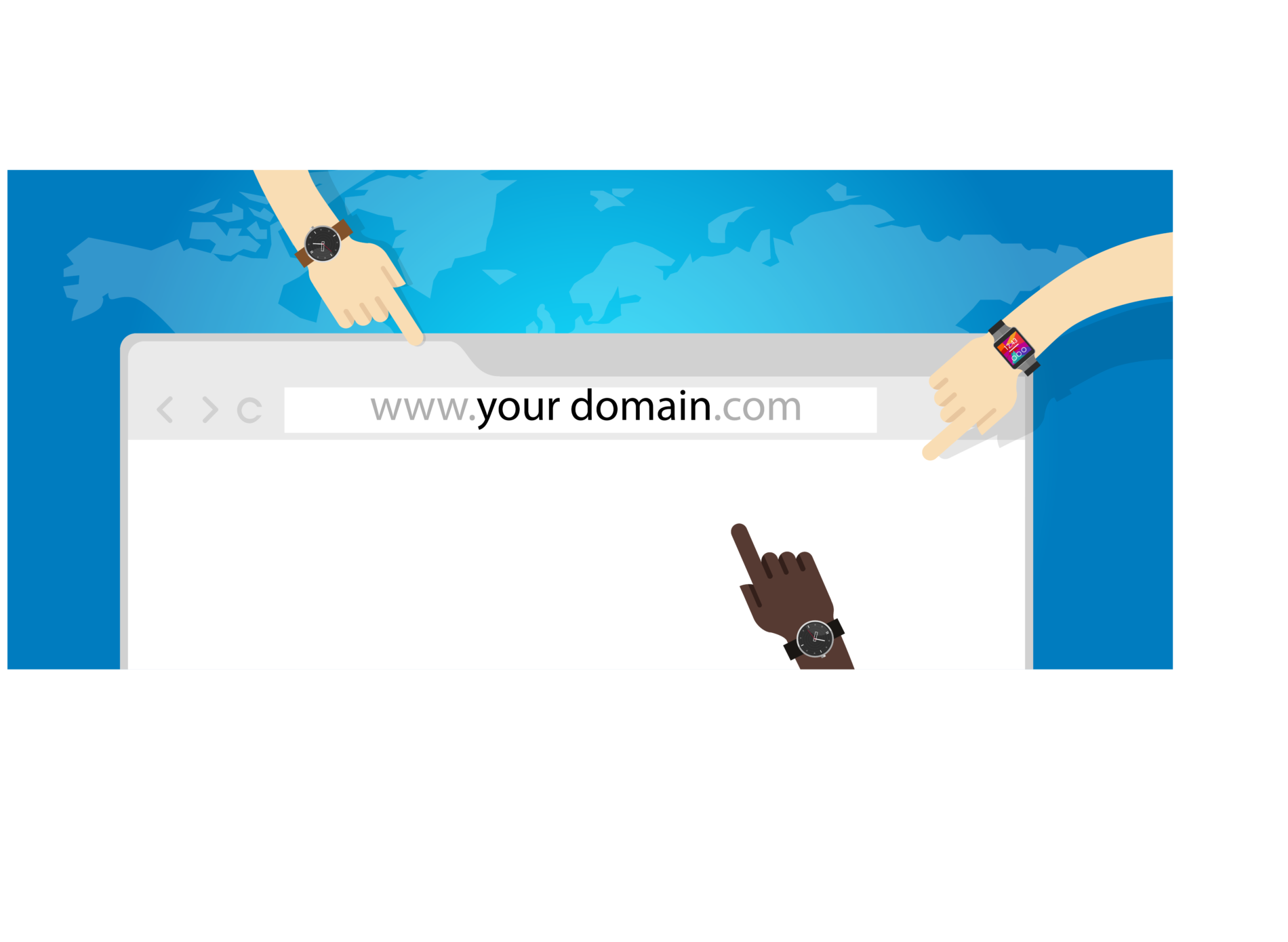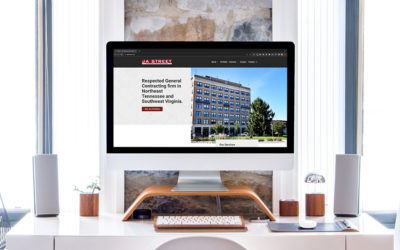Domain names can be a stock-in-trade for many people and companies. Brokers can generate millions of dollars a year buying and trading domain names to the highest bidder. Most tech company startups either name their business around a domain name they can easily purchase or they use a significant chuck of capital buying the domain name of their choice.
When an entire company is built around a domain name (think google.com), and that company fails to renew their domain registration (think google.com in September 2015), you might wonder what happens next. What claim does a company who has established their entire business operations around a website address have with regards to that address?
All internet names are controlled by a non-profit coalition called ICANN. They are responsible for coordinating DNS, IP addresses, domain name registration and all the technical background work that goes into making the internet work through a set of standards. Their website defines cybersquatting as a “generally bad faith registration of another’s trademark in a domain name”. What exactly does that mean? In broad strokes, it means if someone registers a domain name with the intention of using it to sell to a trademark holder or to post negative content, it can be considered damaging to the trademark holder and determined to be cybersquatting. The US courts have ledgers full of cybersquatting legislation.
Sometimes, when a company feels slighted or victimized by a domain name, the courts will sort through the mess, ultimately choosing a winner… and sometimes that winner is the trademark holder and sometimes it’s not. Let’s look at 2 cases of cybersquatting.
The Case of Nissan.com
Uzi Nissan immigrated to the United States in 1980, starting three businesses over the next 14 years, each carrying his name Nissan: Nissan Foreign Car, Nissan International, and Nissan Computer. He registered nissan.com for his businesses. Meanwhile, Nissan Car Company was importing their vehicles as Datsuns during that same period until they switched over to Nissan as their U.S. brand name as well. And about 5 years later, they decided they wanted nissan.com. In 1999, a lawyer for Nissan Auto called Uzi Nissan to discuss transfer of domain name. Uzi declined and what ensued was an 8 year legal battle that cost Uzi millions of dollars trying to defend his personal right to the domain name he has secured almost 2 decades prior. He fought a lawsuit for $10 million in damages on accusations of trademark infringement, trademark dilution, unfair competition and cyber-squatting
In the end, Uzi Nissan prevailed and maintained his ownership of nissan.com. Nissan Auto uses nissancars.com as their domain name. However, according to a interview with Jalopnik, Uzi said he didn’t win, Nissan lost. The battle took a toll on his business, his finances, and his family leaves a deep scar that he admits he might not have fought if he had known the cost at the beginning.
The Case of France.com
In 1994, a French-born American named Jean-Noël Frydman registered france.com to use as a fan site for his beloved home country. He operated the site since 1994 to the present as a “digital kiosk” for France, offering tips on travel, dining, and lodging, and listed paid links for deals, tours, airlines, and more. He also had a business named France.com that was recognized by several official French agencies.
Then, in 2015, France decided it wanted the domain name france.com and filed a lawsuit in the French courts. Web.com (the registrar) locked the domain name down to allow for litigation to proceed. France sued on the basis of cybersquatting and trademark violation. In September 2017, the Paris Court of Appeals sided with France and demanded that Mr. Frydman and Web.com hand over control of france.com to the French government. In March 2018, Web.com did just that, without Mr. Frydman’s consent and without notification or compensation.
In return, Mr. Frydman has filed a lawsuit in the U.S. courts against France accusing them of cybersquatting and reverse domain-name hijacking. That lawsuit will proceed in Alexandria, Virginia.
Domain name brokerage can be a very profitable business, but the risk of cybersquatting can be equally as expensive if it makes it into the court system.
By the way, Google did in fact allow their registration of google.com slip in September 2015. A former Google employee purchased the domain for $12. Google cancelled the order after 60 seconds which reverted ownership back to Google, but donated $12,000 to the charity of the purchasers choice.






0 Comments